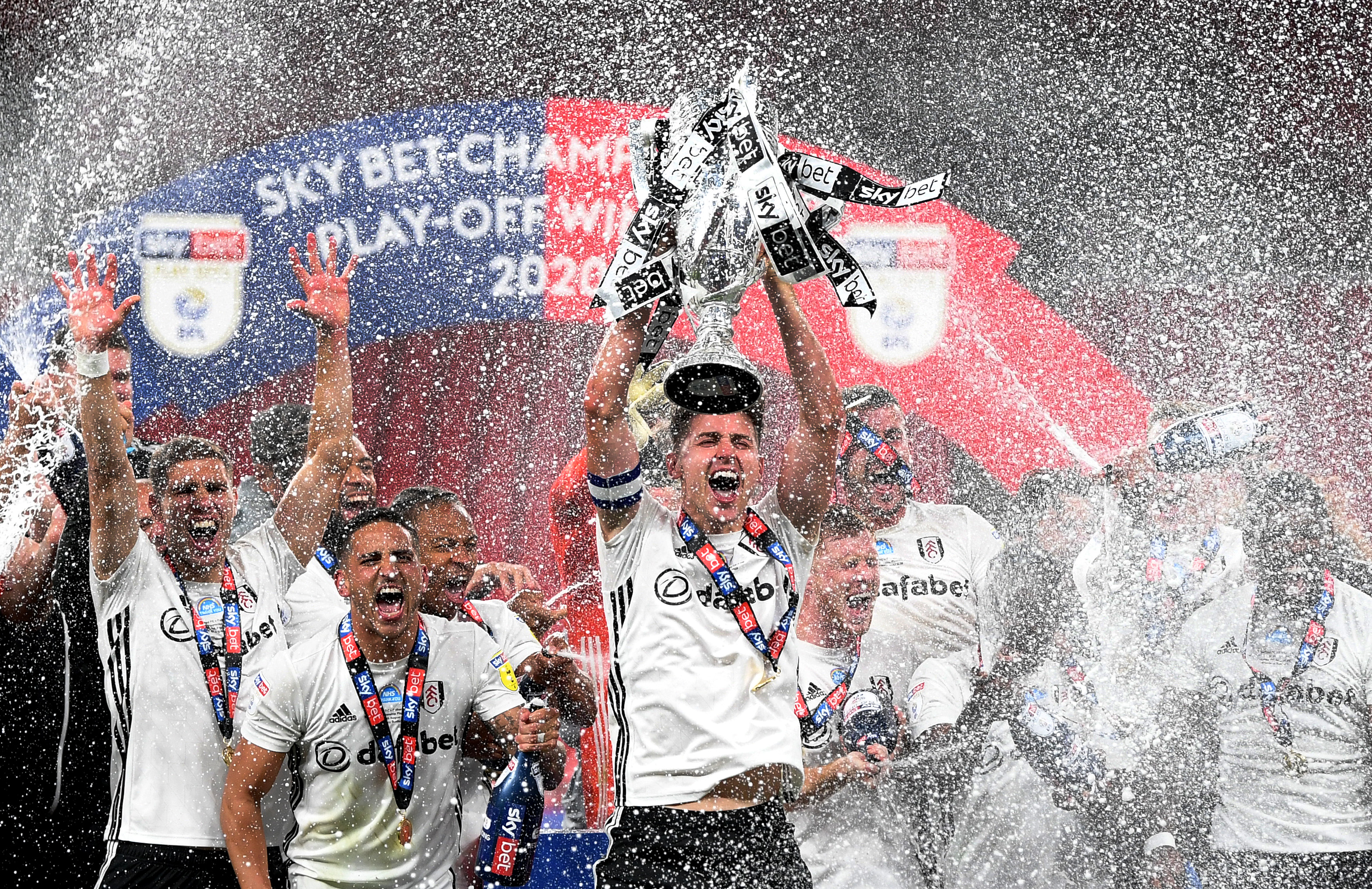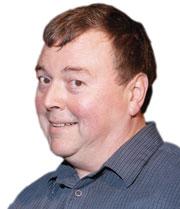Fulham fans will long remember two special days in 2018 – Saturday 26 May when the team defeated Aston Villa in the Play Off Final at Wembley and Saturday 11 August, the first day of the new Premier League season. The intervening weeks had been sufficient to accommodate the World Cup and a summer holiday free of masks and quarantine.
How different it is now. Barely six weeks separate our second Wembley triumph from the lunchtime encounter with Arsenal that initiates the 2020/21 programme, both matches being played to empty stands. Fulham has clarified that in the current circumstances season tickets will not be issued but that there may be limited admission in October/November for the visits of Palace, West Brom and Everton. Match tickets are likely to be allocated by lottery.
Intrigued to know more, I contacted Fulham but met a gentle rebuff:
‘We are still working to establish the full mechanics and capacity for a phased return of supporters, which in the very first instance will be very restricted.’
A subsequent amendment to the official statement made it clear that supporters without smartphones would have other means of gaining admission. I cannot have been the only person to raise this issue.
Organising a ballot for tickets is an essential but extremely unrewarding task. The Government and the football authorities must agree on the percentage of seats to be occupied and the clubs will then allocate the appropriate number of tickets. For the recent Brighton-Chelsea friendly 2,500 spectators were admitted to a ground that can hold over 30,000.
More encouragingly Cambridge United’s Abbey Stadium (capacity around 8,000) will sell 2,500 tickets for a match on 12 September. A similar proportion would allow the Cottage to admit 6,000 or so spectators to each home match, but the allocation to former season ticket holders will be, as Fulham stated, very limited. Some clubs have indicated – understandably perhaps - that entry will be restricted to ‘those with high-tier season tickets and premium memberships’. Fulham will do their best to be fair to all their supporters.
Cambridge is where I spent the late 1950s. There were two non-league clubs so though I yearned to be at the Cottage I always had something to watch on Saturdays. Former stars like Wilf Mannion and Ted Ditchburn often appeared at the Abbey Stadium, and the other Cambridge ground once hosted an All Star team led by Jimmy Hagan. I thought of him the other day when my cousin posted me a compilation video of Fulham’s new signing Mario Lemina. It was said of Hagan that he seemed to run with ball attached to his foot (displaying almost magical skills, as Ivan Ponting wrote in the Independent). Lemina seems to be of the same mould so we could be in for some fun.
Good luck to Scott Parker and the players. It is great to be back in the Premier even if we have to watch the action on screen.
The views expressed in this blog are those of the author and unless specifically stated are not necessarily those of Hammersmith & Fulham Council.
Want to read more news stories like this? Subscribe to our weekly e-news bulletin.

